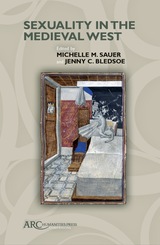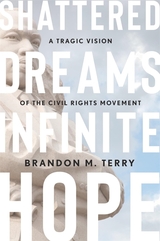5 start with E start with E
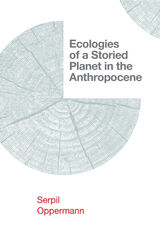
Ecologies of a Storied Planet in the Anthropocene is a tour de force. With transdisciplinarity and theoretical lucidity, it rethinks the Anthropocene from a material ecocritical perspective, envisioning innovative modes of knowledge for deeper understandings of Anthropocene ecologies. Focusing on nonhuman agencies, Serpil Oppermann shows in fascinating detail how to better imagine an ecological future on our storied planet that has suffered enormously from an anthropocentric mindset.
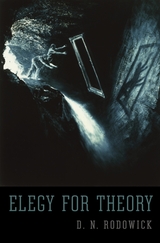
Rhetorically charged debates over theory have divided scholars of the humanities for decades. In Elegy for Theory, D. N. Rodowick steps back from well-rehearsed arguments pro and con to assess why theory has become such a deeply contested concept. Far from lobbying for a return to the "high theory" of the 1970s and 1980s, he calls for a vigorous dialogue on what should constitute a new, ethically inflected philosophy of the humanities.
Rodowick develops an ambitiously cross-disciplinary critique of theory as an academic discourse, tracing its historical displacements from ancient concepts of theoria through late modern concepts of the aesthetic and into the twentieth century. The genealogy of theory, he argues, is constituted by two main lines of descent—one that goes back to philosophy and the other rooted instead in the history of positivism and the rise of the empirical sciences. Giving literature, philosophy, and aesthetics their due, Rodowick asserts that the mid-twentieth-century rise of theory within the academy cannot be understood apart from the emergence of cinema and visual studies. To ask the question, "What is cinema?" is to also open up in new ways the broader question of what is art.
At a moment when university curriculums are everywhere being driven by scientism and market forces, Elegy for Theory advances a rigorous argument for the importance of the arts and humanities as transformative, self-renewing cultural legacies.
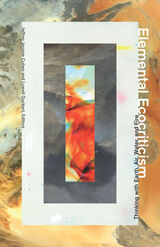
For centuries it was believed that all matter was composed of four elements: earth, air, water, and fire in promiscuous combination, bound by love and pulled apart by strife. Elemental theory offered a mode of understanding materiality that did not center the cosmos around the human. Outgrown as a science, the elements are now what we build our houses against. Their renunciation has fostered only estrangement from the material world.
The essays collected in Elemental Ecocriticism show how elemental materiality precipitates new engagements with the ecological. Here the classical elements reveal the vitality of supposedly inert substances (mud, water, earth, air), chemical processes (fire), and natural phenomena, as well as the promise in the abandoned and the unreal (ether, phlogiston, spontaneous generation).
Decentering the human, this volume provides important correctives to the idea of the material world as mere resource. Three response essays meditate on the connections of this collaborative project to the framing of modern-day ecological concerns. A renewed intimacy with the elemental holds the potential of a more dynamic environmental ethics and the possibility of a reinvigorated materialism.
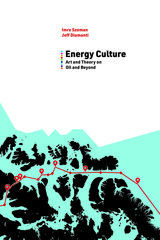
Energy Culture is a provocative book about oil’s firm grip on our politics and everyday lives. It brings together essays and artwork produced in a collaborative environment to stimulate new ways of thinking and to achieve a more just and sustainable world.
The original work collected in Energy Culture creatively engages energy as a social form through lively arguments and artistic research organized around three vectors of inquiry. The first maps how fossil fuels became, and continue to be, embedded in North American society, from the ideology of tar sands reclamation projects to dreams of fiber optic cables running through the Northwest Passage. The second comprises creative and artistic responses to the dominance of fossil fuels in everyday life and to the challenge of realizing new energy cultures. The final section addresses the conceptual and political challenges posed by energy transition and calls into question established views on energy. Its contributions caution against solar capitalism, explore the politics of sabotage, and imagine an energy efficient transportation system called “the switch.” Imbued with a sense of urgency and hope, Energy Culture exposes the deep imbrications of energy and culture while pointing provocatively to ways of thinking and living otherwise.
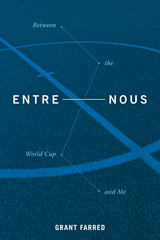
READERS
Browse our collection.
PUBLISHERS
See BiblioVault's publisher services.
STUDENT SERVICES
Files for college accessibility offices.
UChicago Accessibility Resources
home | accessibility | search | about | contact us
BiblioVault ® 2001 - 2025
The University of Chicago Press


